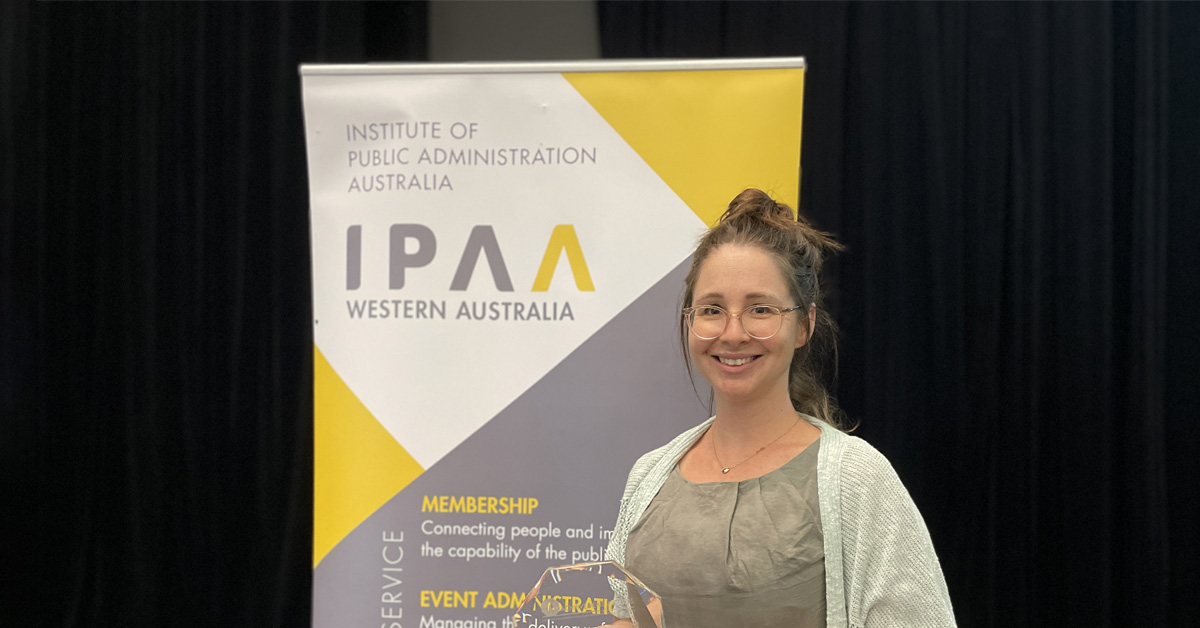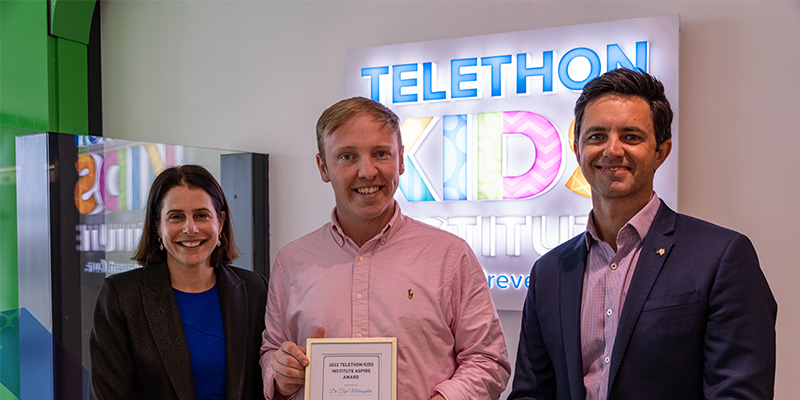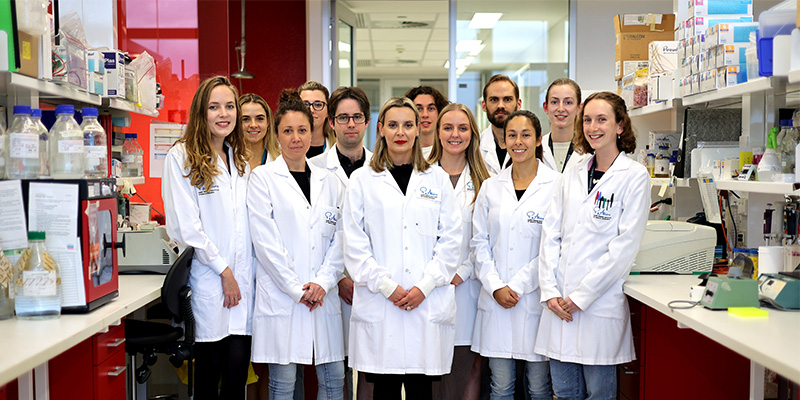Search

News & Events
The Kids researchers selected for prestigious leadership programTwo incredible team leaders from The Kids Research Institute Australia will join a cohort of 25 women working in STEM across Australia, to take part in the 2023 WILD program.

News & Events
Inaugural Byron Kakulas medal awarded to Perioperative Medicine TeamA research team dedicated to making anaesthesia and surgery safer and more comfortable for babies and children has been awarded an inaugural Byron Kakulas Medal by WA’s Perron Institute.

News & Events
Leading disease modeller appointed inaugural Fiona Stanley Chair of Child Health ResearchThe Kids Research Institute Australia and The University of Western Australia are proud to announce the appointment of the inaugural Fiona Stanley Chair of Child Health Research, Professor Melissa Penny.

News & Events
Leading mental health champion recognised on 2023 Australia Day Honours ListProminent consultant psychiatrist and Western Australia’s 2021 Australian of the Year, Professor Helen Milroy AM, has been recognised as a Member of the Order of Australia (General Division).

News & Events
Raine Foundation grants support exciting projects in childhood cancer and newborn infectionsTwo The Kids Research Institute Australia researchers have been awarded prestigious grants from the Raine Medical Research Foundation for projects in childhood cancer and newborn infection control.

News & Events
Award for Sun Safe app developed with teensThe Kids Research Institute Australia researchers who worked with young people to develop an app designed to help teenagers stay safe in the sun have been named joint winners of a new award for ‘Best Practice in Children’s Consultation’.

News & Events
Flying the flag for WA research thanks to Business Events Aspire AwardsDr Matthew ‘Tepi’ Mclaughlin is the 2022 The Kids Research Institute Australia Aspire Award winner - coordinated by Western Australia’s peak body for business events, Business Events Perth.

News & Events
Slime, bugs and bacteria: Hands-on science fun at the Telethon Family FestivalKids and families can get their hands dirty at Sunday’s Telethon Family Festival at RAC Arena, with The Kids Research Institute Australia showcasing some of its world-class research.

News & Events
Prestigious fellowship for pioneering researcherAleksandra Filipovska has been elected a Fellow of the Australian Academy of Health and Medical Sciences.

News & Events
Prestigious grants to support lung health and suicide prevention researchTwo researchers focused on improving outcomes for children with chronic lung disease and averting suicide contagion and suicide clusters in young people have won prestigious Investigator Grants from the National Health and Medical Research Council.
